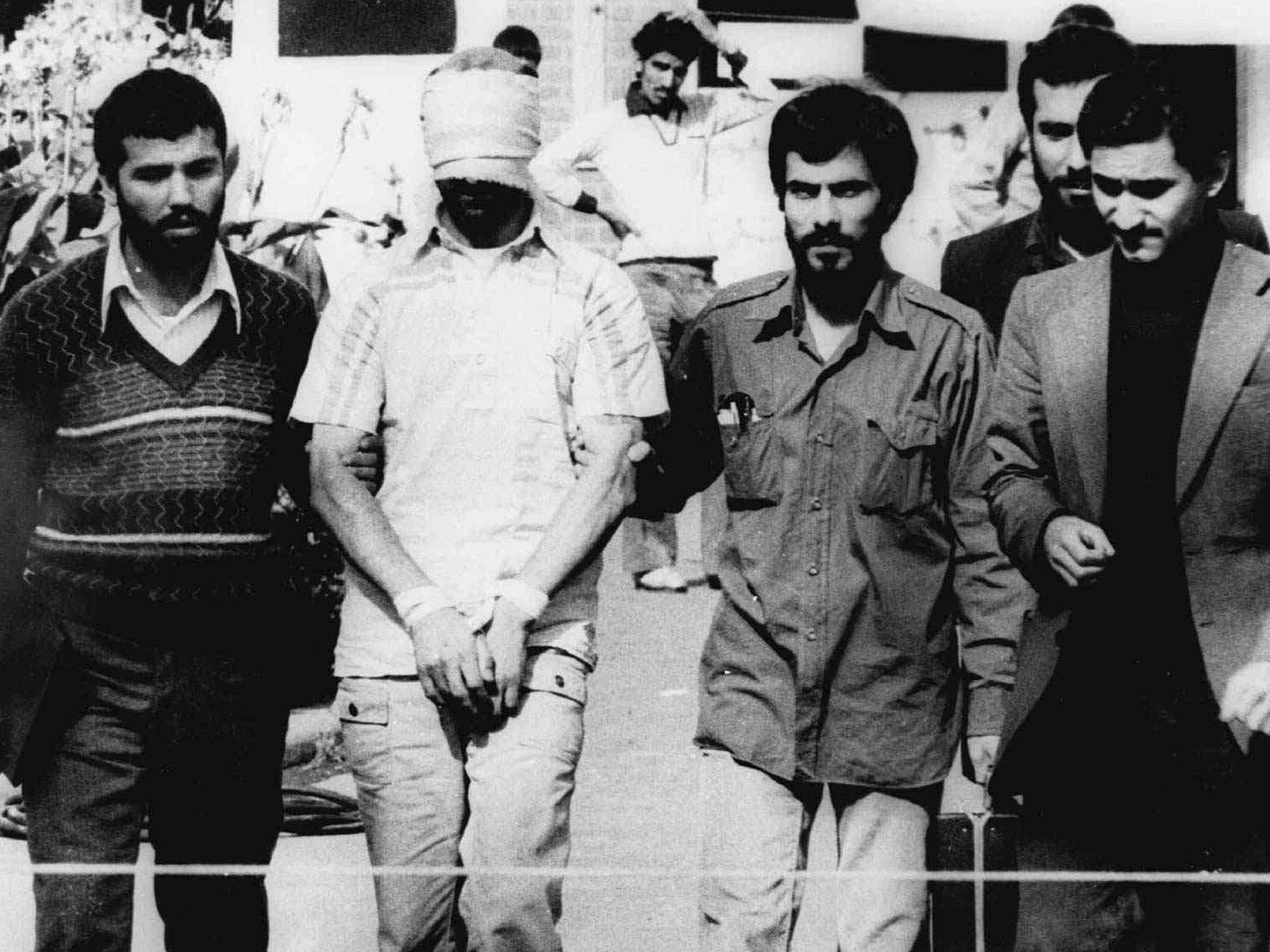America outraged as Iran’s choice of UN ambassador is man linked to 1979 hostage crisis at US embassy in Tehran
Hamid Abutalebi was once a member of the group which held 52 Americans for 444 days

Iran’s decision to appoint a member of the group behind the 1979 seizure of the US embassy in Tehran as its ambassador to the United Nations has angered US lawmakers, prompting Senator Ted Cruz to propose a law that would prevent Hamid Abutalebi, now a veteran diplomat, from entering the United States.
The administration of the Iranian President, Hassan Rouhani, has submitted a US visa application for Mr Abutalebi, who is widely thought to be a moderate and a reformist. However, he was at one time a member of the group Students Following the Imam’s Line, which was behind the occupation of the US embassy in November 1979 and the holding hostage of 52 Americans for 444 days.
Senator Cruz, a Republican from Texas, said the legislation would oblige the US to deny visas to UN applicants who have engaged in terrorist activity. He added: “It is unconscionable that in the name of international diplomatic protocol the United States would be forced to host a foreign national who showed a brutal disregard of the status of diplomats when they were stationed in his country… This person is an acknowledged terrorist.”
Those who know Mr Abutalebi say he was not present during the initial seizure of the embassy, nor was he among the core group that occupied it. Speaking to an Iranian news agency, the diplomat claimed he had merely acted as a translator and negotiator during the hostage crisis. He has served as Iran’s ambassador to Australia, Belgium, Italy and the European Union. Last September he was appointed deputy director of President Rouhani’s office of political affairs.
Yet his prospective appointment to the UN will further complicate negotiations between Tehran and the White House, which has sought to re-open diplomatic channels since Mr Rouhani’s election in 2013 with a view to curbing Iran’s nuclear ambitions.
The US broke diplomatic ties with Iran in 1980 and, in the absence of formal relations, the Iranian mission to the UN has become a crucial point of contact between the two nations.
Several surviving hostages have expressed their voices to those opposing Iran’s choice. Barry Rosen, the Tehran embassy’s press attaché in 1979, was among those held. He said in a statement: “If the President and the Congress don’t condemn this act by the Islamic Republic, then our captivity and suffering for 444 days at the hands of Iran was for nothing.”
Subscribe to Independent Premium to bookmark this article
Want to bookmark your favourite articles and stories to read or reference later? Start your Independent Premium subscription today.

Join our commenting forum
Join thought-provoking conversations, follow other Independent readers and see their replies